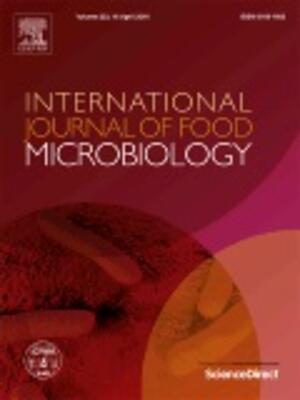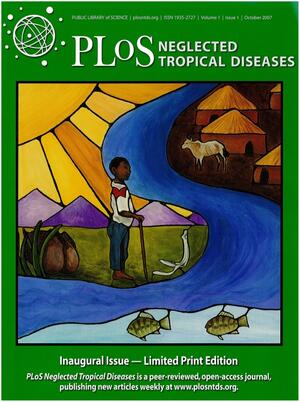
Analysis of public health risks from consumption of informally marketed milk in Kenya
Abstract
Despite an unfavourable policy environment against informal milk markets, these markets account for most milk sales in Kenya. Convenient delivery and lower prices are the principal benefits for poor consumers. Current milk handling and safety regulations in Kenya are derived from models in industrialised countries. These may not be appropriate for local market conditions. An important step in targeting policies better is to collect quantitative and qualitative information about milk-borne health risks under different marketing situations. Preliminary results of assessments of milk quality and handling practices of informal milk market agents and consumers in central Kenya show very low apparent prevalence of zoonotic health hazards in milk from the smallholder herds that contribute most marketed milk. Higher bacterial counts were associated with longer market chains and distance to urban areas. Most (up to 80%) of samples did not meet national bacterial quality standards. Over 96% of consumers boiled milk before consumption mainly to lengthen shelf life but also for health reasons. The most important health risks were judged to be from anti-microbial residues found in up to 16% of milk samples tested.
Citation
Omore, A.O.; Arimi, S.; Kang’ethe, E.K.; McDermott, J.J. 2000. Analysis of public health risks from consumption of informally marketed milk in Kenya. Paper presented at the Faculty of Veterinary Medicine Biennial Scientific Conference, 30-31 August 2000, University of Nairobi, Kenya. Nairobi (Kenya): ILRI










